sustainability
Why we at HAWLIK live sustainability
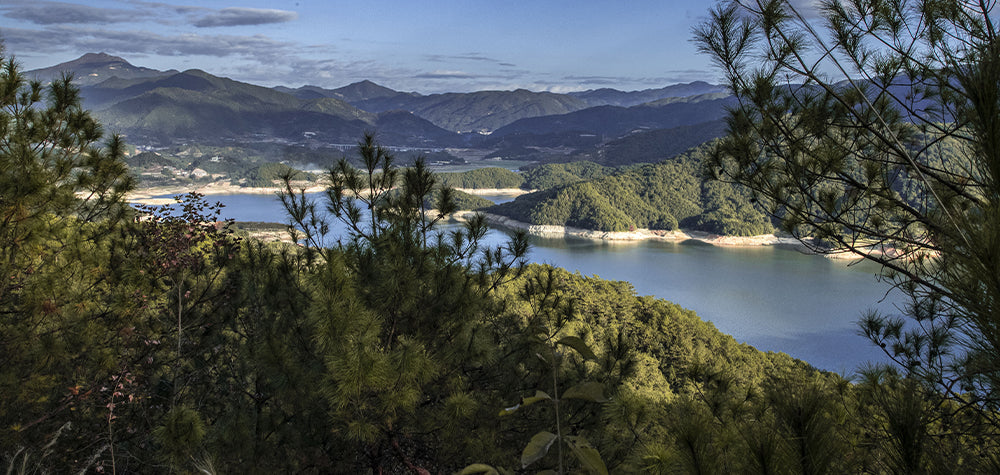
Our approach is to treat people, the environment, and animals with respect in the long term, leaving an ecological footprint that we can take responsibility for. We want to leave our world greener than we found it and build bridges between economics, ecology, and social fairness.
Our products are vegan (except TriProtect bones), contain no artificial colors or flavors, are non-GMO, and palm oil-free. The raw materials are cultivated sustainably and naturally in pristine natural environments. We completely avoid pesticides and chemical fertilizers, and most mushrooms are gently dried in the sun. This best preserves the valuable ingredients and requires no additional energy. The seedlings used to grow the mushrooms are reused and heat the drying facility for mushrooms that shouldn't be exposed to the sun for drying.
Especially in our role as innovation leaders, we feel obligated to continue improving our processes and products with sustainability in mind. For us, sustainability is a fundamental attitude and an ongoing process.
Sustainability is also a priority in the cultivation and processing of our products. We completely avoid chemical fertilizers and pesticides. We use extraction residues as natural fertilizer or burn them directly during the drying process, which is primarily carried out using natural sunlight.
We are currently in the process of implementing organic certification for all our products. We are continuously expanding our vegan range and already hold organic certification according to DE-ÖKO-003 for our company.
Video on sustainability

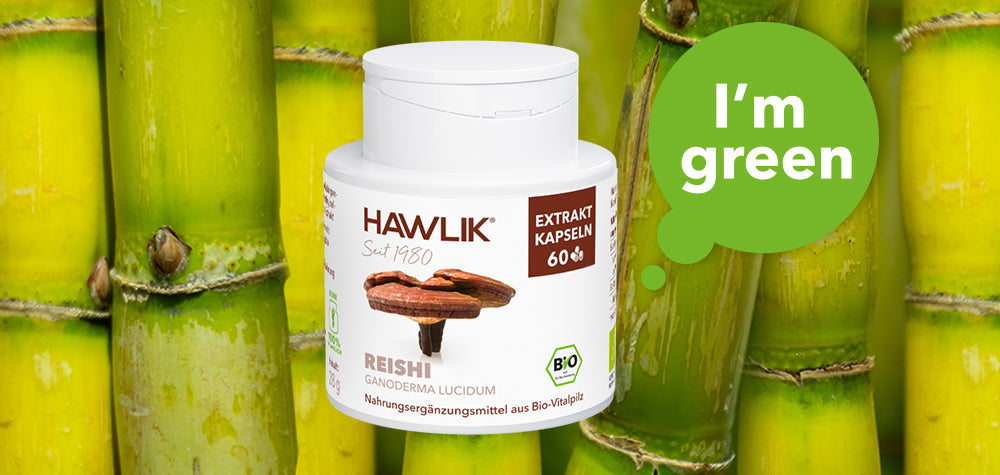
Cans based on sugar cane
For our new packaging, we rely on the use of sugar cane as a renewable raw material, thus offering a sustainable, renewable alternative to fossil, petroleum-based polyethylene (also known as “PE” or “plastic”).
The big advantage: We use a material from renewable sources that is fully recyclable in the yellow bag and protects the environment.
Furthermore, by using this renewable raw material, one ton of Green PE can capture up to 3.09 tons of CO2 from the atmosphere. This not only conserves fossil fuels but also contributes to reducing harmful greenhouse gas emissions.
At the end of their useful life, products made from I'm green™ polyethylene are 100% recyclable. Our "Green PE" cans still retain the same outstanding properties as their fossil counterparts. It protects your product from moisture, temperature fluctuations, and pollution, and, as of this year, carries the renowned organic seal.
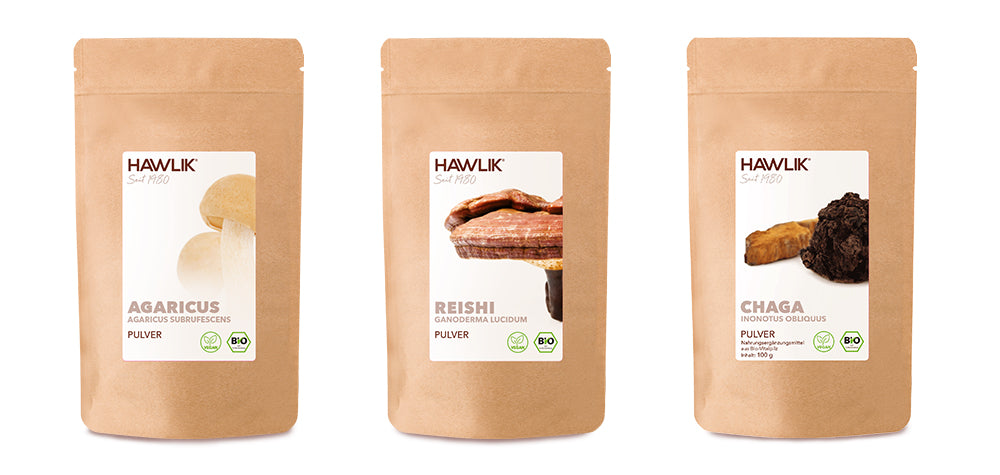
New environmentally friendly packaging
Plastics consume fossil resources and are not biodegradable. We focus on sustainable production and packaging for our products. Therefore, for some products, we have opted for stand-up pouches (doypacks) made of brown kraft paper with a barrier layer made of bio-based PE. By using renewable materials, we use coatings from renewable sources such as sugarcane.
To avoid plastic waste, the plastic measuring spoon is also eliminated and can be easily replaced with a standard household teaspoon. The empty Doypacks can be easily recycled in the yellow recycling bag, thus entering the recycling cycle.
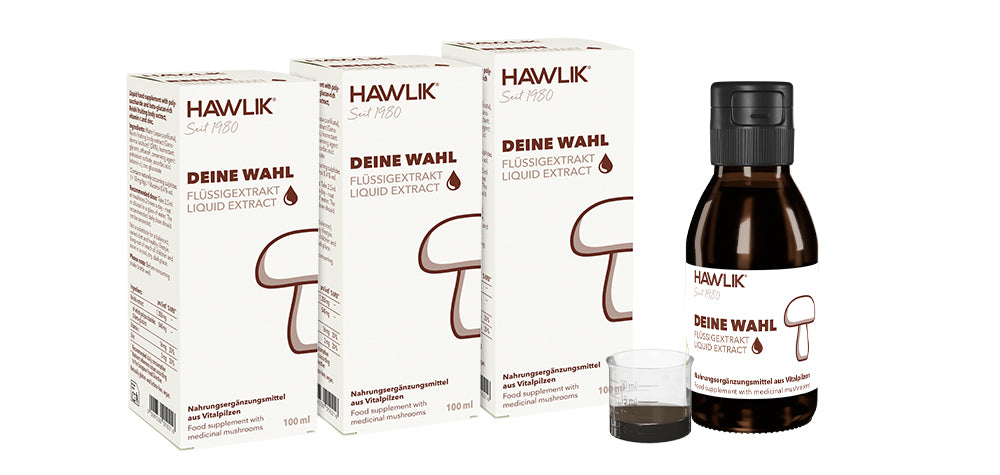
Brown glass bottles
Our TripleMix liquid extracts are bottled in brown glass bottles. The dark color protects the valuable ingredients and also the environment, as single-variety white glass requires significantly more energy to produce than brown glass. Recycling brown glass is also easier: For technical reasons, single-variety recycling is necessary, especially for white glass. Dark colors can be easily returned to the recycling cycle together. There is no need for single-variety recycling.
Furthermore, glass can be recycled and reused for new products. A nationwide collection system was established in Germany in 1974, and consumers now have access to over 300,000 glass recycling containers nationwide.
Tip: Window and car glass as well as crystal glass must not be put in the glass recycling container, as they are technically difficult to sort and disrupt the recycling process.
"On Thursdays we all eat together, and the fresh salads from our organic greenhouse are really delicious."
Sabine Palissa, Marketing
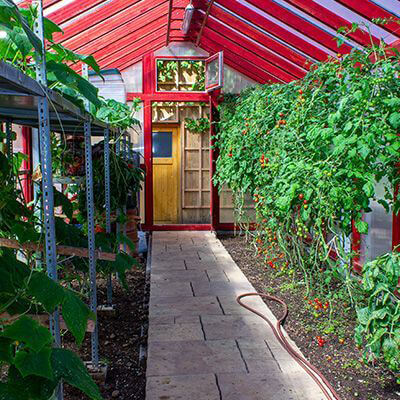
Throughout the summer, we supply our employees with tomatoes, cucumbers, and various herbs – organic, of course, from our greenhouse in the HAWLIK garden.
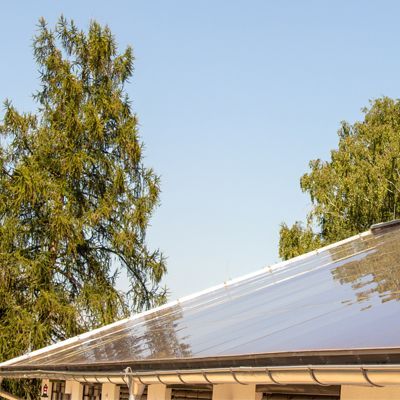
An in-roof photovoltaic system provides our own electricity and supplies it to our electric cars.
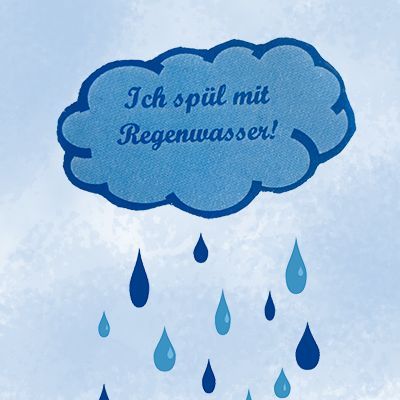
We rinse with rainwater.
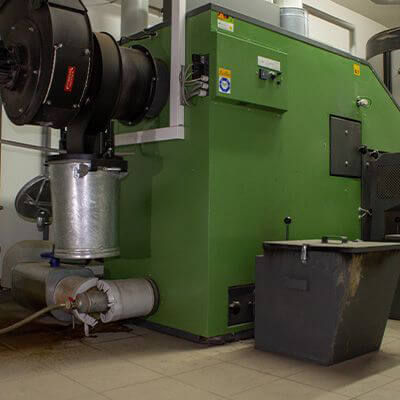
A wood chip system generates pleasant warmth.